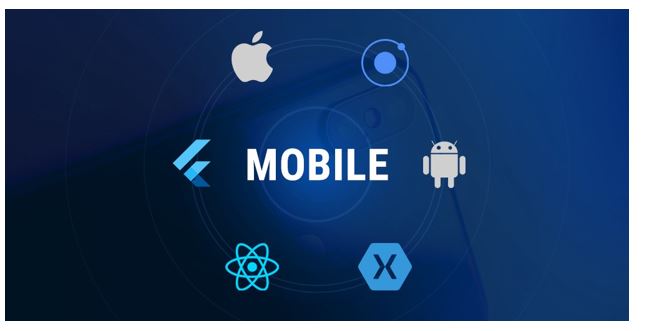
Choosing an appropriate mobile development platform is a daunting task given the number of criteria to be considered by the Dubai App Developer. You ought to have a basic idea of native apps and hybrid apps as an app developer. Consider the type of audience for which your app is aimed and whether your app is for iOS or Android users.
Before dwelling on the factors required for consideration, take a quick look at native apps and hybrid apps.
Contents
· Native Apps:
If an application for a specific mobile device is developed and operates on a particular operating system, it is a native application. In terms of native apps, technical aspects, functionality, and user experience are higher.
· Hybrid apps:
Hybrid apps are designed to work with one code on multiple platforms. This can become a hindrance in the use of device hardware features to reach its full potential and thus has limited functionality than native apps.
· Target Audience:
This is the primary factor in deciding which mobile framework an app developer should launch. The end-user should always have priority. If the global audience is looking for your app, then it’s best to choose Android because it has a broader user base. If you’re looking for a specific region to launch your app, find out if Android or iOS prevails and design on that platform in that part. The ultimate goal for an app to thrive is to hit the majority of customers.
· Speed:
If you are interested in the app’s speed and performance, then go to the development of native apps. They make better use of resources than hybrid apps and load more quickly. An app’s speed is equivalent to its productivity and end-user quality. Native apps use hardware and software resources well compared to hybrid apps from the point of resource utilization.
· Multiplatform apps:
Hybrid app development is the easiest choice for most mobile applications that target a wider audience. It has a wider audience range and it is also fairly easy to develop software. Hybrid apps are easier to develop compared to native apps and require less coding. Creating and marketing such as hybrid apps takes less time.
· Updates:
Apps need to be updated to stay longer in the app business. The development of apps and technology is constantly changing. New features are added to the apps every few months to update them. It helps the users of the native app to receive updates on time without interruption, while the updates in a hybrid app are based solely on the creator and when it is released. Updates to the hybrid app are easier as one update code is sufficient for all and different platforms.
· Integrated development environment:
Google and Apple provide these platforms for app developers to try to test the new applications and their functionality. This feature is available to developers of native apps and is limited when it comes to developers of hybrid apps.
· Ease of development:
The design, upgrading, and maintenance of hybrid apps are easier. Hybrid app development is easier than native apps when it comes to the cost of developing an app. There is a huge market for plug-ins for the development of hybrid apps which enables the creation of applications for the user.
Also, read reimaging your mobile app bad.
· App features:
A native app is designed with a clear focus on mobile development, which is why they look better than hybrid apps.
When you make an app to suit various resolutions and hardware features such as hybrid phones, the quality of the app’s look and feel will be lost. Native apps use different UI specifications when designing an app that supports navigation and has a better interface.
· Security:
Since the app’s runtime is controlled by App Developer Dubai, they can add protective layers while developing it. Hybrid apps have security problems as they are designed to be quick to use, and adding security layers takes time and money that contradicts the existence of hybrid apps.
If you want to develop an app with strong usability and features, then go for the development of native apps. If you want to easily create an app and manage your budget and maintenance without worry, then go to the development of a hybrid app.
Let’s Get in Touch:
Get in touch with me to select the best framework for mobile app development.

